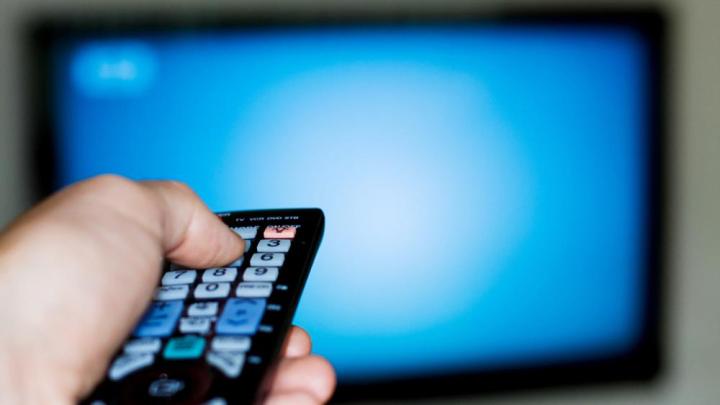
In response to Time Warner cutting off access to CBS in a few major markets today, CBS has retaliated against Time Warner Internet subscribers by blocking access to popular CBS shows currently available to watch on CBS.com. When Time Warner Internet subscribers in the affected areas attempt to reach full episodes of shows like Big Brother and The Big Bang Theory on CBS.com, an overlay appears on the screen in order to encourage subscribers to call Time Warner and request that CBS be returned to the Time Warner lineup of channels.
Regarding the lack of Web access to CBS shows, Time Warner representatives are calling out CBS’s move as an abuse of power specifically stating “CBS has shown utter lack of regard for consumers by blocking Time Warner Cable’s customers, including our high-speed data only customers, from accessing their shows on their free website. CBS enjoys the privilege of using public owned airwaves to deliver their programming – they should not be allowed to abuse that privilege.”

However, this move was made in response to Time Warner removing CBS and Showtime, TMC, FLIX and Smithsonian from the channel listings in New York City, Los Angeles, Dallas and other markets around the country earlier today. While Time Warner is planning on offering credits for subscriptions to the premium channels, Time Warner customers watching currently ongoing series like Dexter and Ray Donovan will have visit a friend’s house or download an illegal copy off the Internet in order to see the most recent episodes.
While both companies are attempting to rally support from the public with on-screen messages, videos and billboards, representatives from both companies are sniping back and forth about the failed negotiations. Both companies are blaming each other for the lack of productivity in the contract negotiation process.

According to Reuters, the sticking point in the negotiations has to do with retransmission fees. Cable and satellite operators pay networks like CBS a $1 fee per subscriber each month to transmit the network’s programming. With approximately 11 million cable TV subscribers, that comes to about $130 million a year in revenue for CBS. CBS wants to double this number up to $2 monthly for each subscriber (approximately $260 million per year). According to CBS reps, the company spends significantly more on content than other networks, hence the increase in retransmission fees should be justified.
If the blackout continues throughout August, Time Warner runs the risk of losing subscribers that want to see preseason NFL games on CBS. In fact, the New York audience is at risk of missing the first pre-season game between the New York Jets and the Detroit Lions on Aug. 9. Anyone that lives in one of the blackout areas should considering picking up an indoor antenna to pick up a free, over-the-air high definition feed of the network. New York residents should also consider a subscription to Aereo during the blackout, a service that pushes a live feed of network programming over the Web to your mobile devices and set-top boxes like the Roku 3 or Apple TV when using Airplay.


